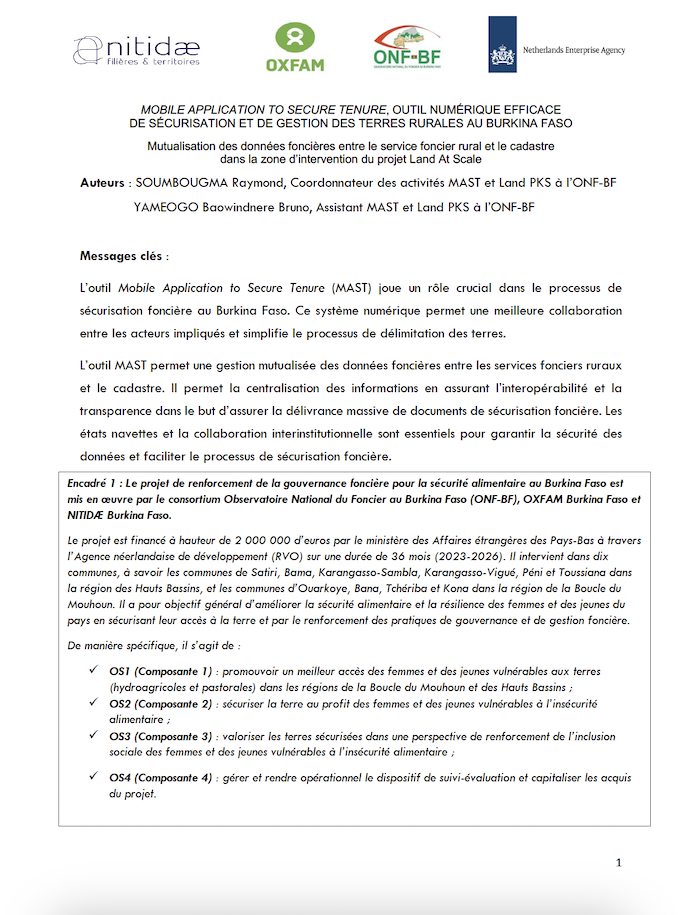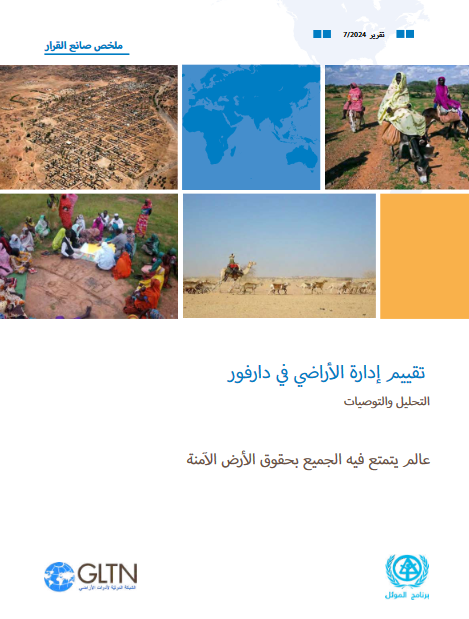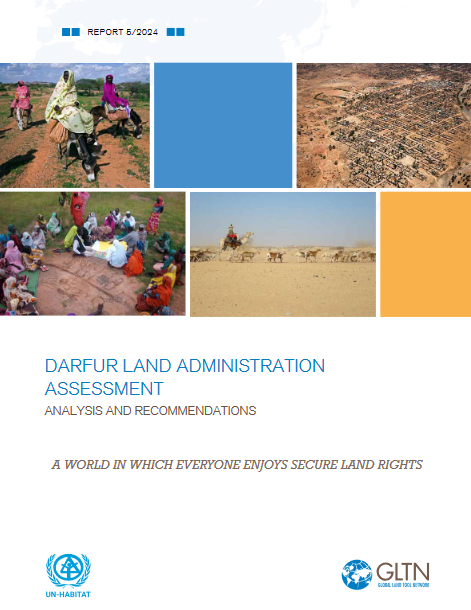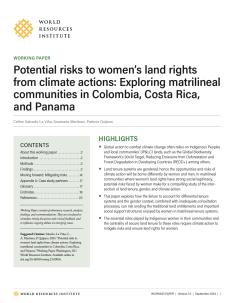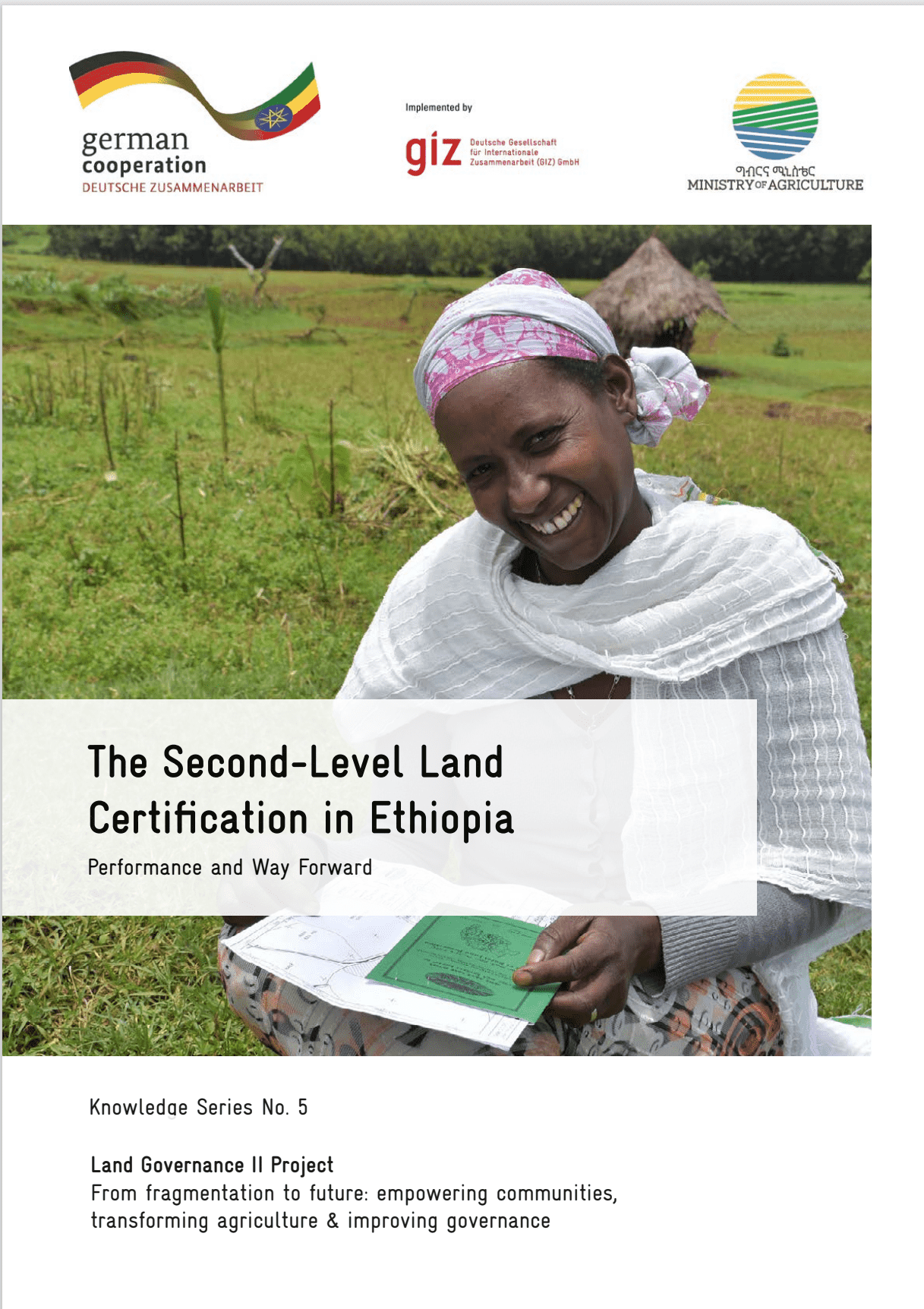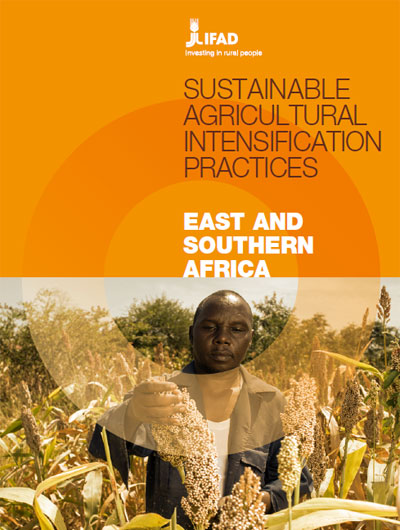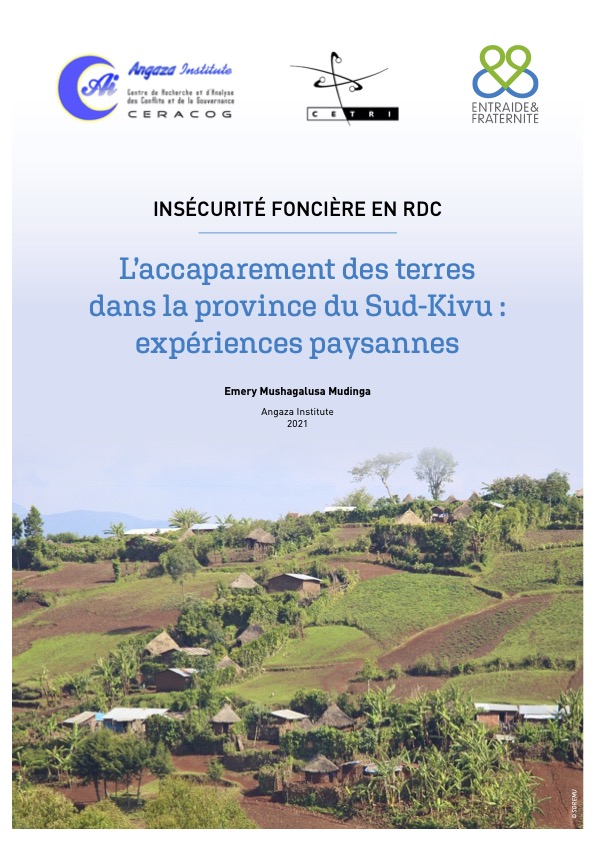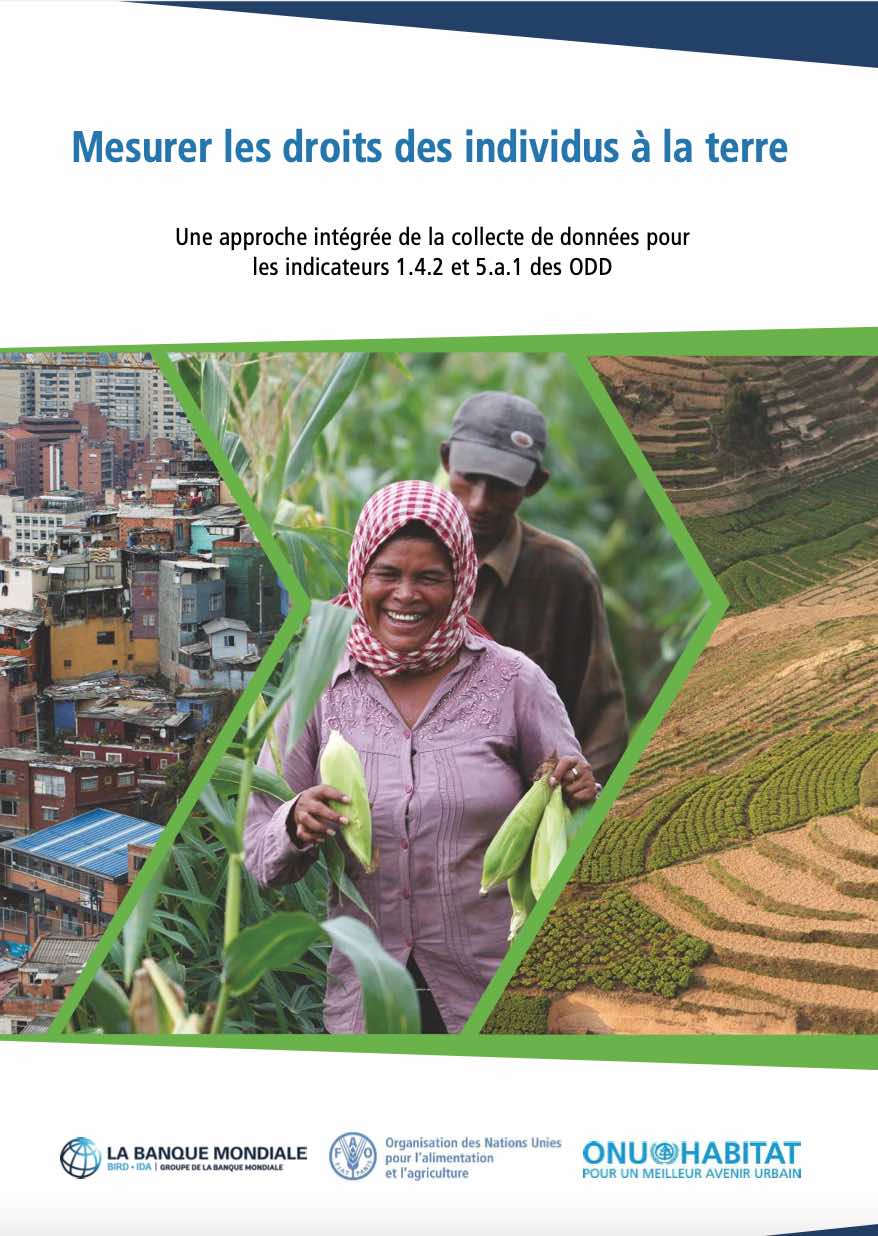MOBILE APPLICATION TO SECURE TENURE, OUTIL NUMÉRIQUE EFFICACE DE SÉCURISATION ET DE GESTION DES TERRES RURALES AU BURKINA FASO
L’outil Mobile Application to Secure Tenure (MAST) joue un rôle crucial dans le processus de sécurisation foncière au Burkina Faso. Ce système numérique permet une meilleure collaboration entre les acteurs impliqués et simplifie le processus de délimitation des terres.

